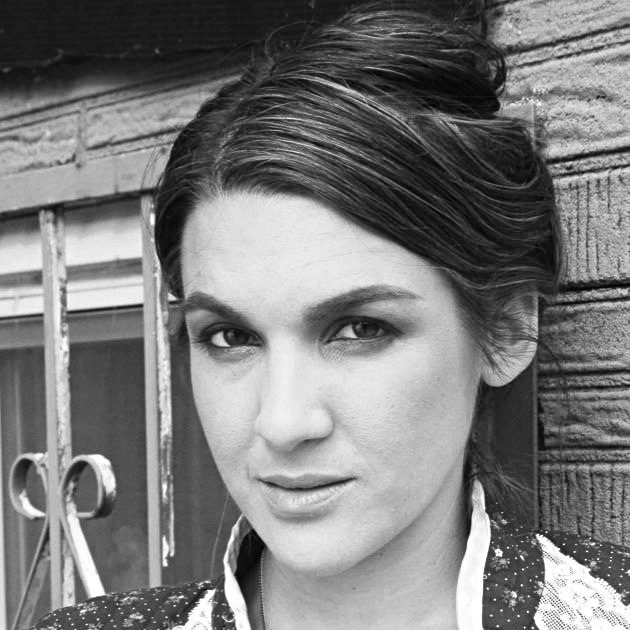
I never thought I’d find myself in the position of deciding whether or not to be a rabbi. After all, I came from a secular family and from a young age I knew what I wanted to be when I grew up: a writer.
But after four years of studying creative writing in college and one summer working at a literary nonprofit in Manhattan, I found myself in a crisis that would eventually lead to the rabbi question.
I was 21 years old and writing was the center of my life, to the exclusion of almost anything else. A good writing day made me feel like a good person. A bad writing day made me feel like a worthless excuse for a human being. This, I began to sense, was a form of idolatry; writing could not be the most important thing in the world. Life had value apart from words on a page!
Meanwhile, I had begun to grow interested in my Jewish heritage. And I’d also begun to fall in love, inconveniently, with God.
So, at 21, I decided to stop writing entirely. Instead, I would build my life around something eternal.
I quit my job, left everything I knew and traveled to Jerusalem for the first time, with nothing but a backpack and my violin. There, I enrolled in a progressive, coed yeshiva called Pardes.
I ended up staying at Pardes for two years, studying Torah during the day and playing music in clubs or on the street at night. By the time I left, there was no question about what was at the center of my life as I prayed, studied Talmud and led Friday-night services.
When I returned to the States, I continued to play fiddle; I began to teach Torah; and slowly, very slowly, I also began to write. Like an athlete learning to hold her body correctly after a bad injury, I had to craft my sentences carefully, watching for signs of too much ego or ambition. But I was able to build a serious writing practice back into my life.
I continued to write, play music and teach Torah through my 20s, without feeling a need to choose between these sometimes disparate ways of life. But as my 30th birthday approached, I realized I was going to have to make some decisions.
What was I? An artist who loved Jewish texts and traditions or a rabbi who loved music and writing? I knew titles like “rabbi,” “musician” and “writer” were never fully accurate, that every human transcended a simple title. But I also understood that they mattered. I sensed that the path I chose would define the way I spent my days, how I paid my rent, and what was appropriate to say in public.
I found that when I leaned toward one possibility, the other self would materialize strongly. When I placed art out front, the Hebrew letters shone through, seeming to be the inner essence of that practice. But when I foregrounded the sacred books, I would feel the gentle curves of my violin’s body, notes inside my fingertips, poems burning on my tongue.
I agonized over this decision for months.
In the end, as silly as it sounds, it was cursing that finally led me to decide not to be a rabbi. I am not particularly foul-mouthed, but I wanted to be able to drop F-bombs with impunity, in my writing and in my life.
Really, looking back, I see that this was symbolic. I wanted to be able to say anything, from the esoteric to the vulgar, without the pressure of representing my people and my tradition.
So I finally recycled the rabbinical school application.
Thankfully, Judaism is not terribly hierarchical, at least in the communities in which I live and work. As a layperson, I can lead services, teach the traditions, counsel seekers, and officiate my students’ bar and bat mitzvahs.
Thank goodness for all the rabbis who bear the honor and the burden of communal representation. As for me, I’m just a wandering melamed, grateful for the tools I have to find as much holiness as I can in the world: Torah, music and writing down the meditations of my heart — from the sacred to the profane. n
Alicia Jo Rabins is a writer, musician and Torah teacher who lives in Portland, Ore.




















 More news and opinions than at a Shabbat dinner, right in your inbox.
More news and opinions than at a Shabbat dinner, right in your inbox.